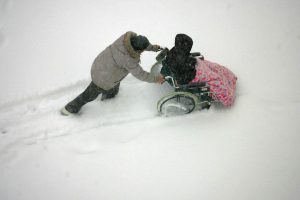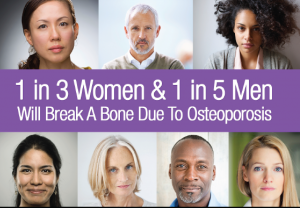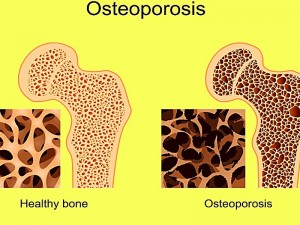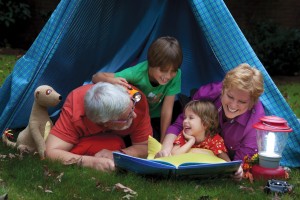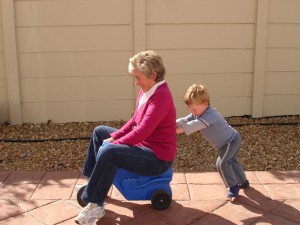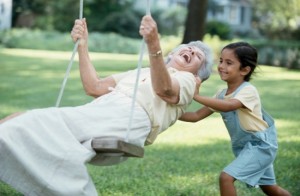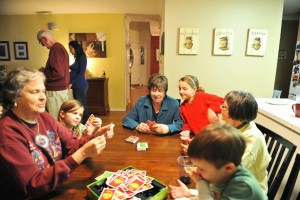IS HAVING A WILL NECESSARY?

Having a will is important.
People often believe the property they do own will automatically pass to the right person whether or not they have a will. If you don’t have a will, this may not always be true; if you have a valid will, your wishes will be followed.
A will disposes of your property under law as you would wish and covers unforeseen circumstances in your life. Even if you think you own nothing of value, a will enables you to take care of items of sentimental value, property that might be inherited before death, or money acquired at death through life insurance, pension benefits or court awards.

REASONS TO HAVE A WILL
Personal Wishes
Ensures your personal wishes are followed. It is an act of kindness and consideration to surviving family members who will al ready be suffering emotionally.
Cost
Without a will, the court will have to appoint an administrator. In some cases, this person will have to purchase a bond to ensure satisfactory administration.
Estate Management
A court appointed administrator has less power to deal with the estate than has an executor.
Estate Planning
Enables your executor to ensure the orderly succession of ownership and control of estate assets. The details of estate planning and related tax implications are complex and can be such that a professional needs to help you set up the details.
Property Distribution
If you die without a will, your estate will be distributed according to the inflexible provisions of the law, with no consideration for your personal wishes.
Trusts
Specific instructions for minor children and grandchildren are important. The portion of the estate going to a minor is held in a trust. Trusts may also be useful to achieve tax savings.
Guardianship of Minors
A will is also one way to clearly state your wishes concerning guardianship of minor children. Although a court must make the final decision in guardianship, instructions in a will can be taken into account as a persuasive statement of preference.
Other reasons….
- Common-law partners
- People who wish to leave nothing to certain family members
- People who own land outside the province
- People whose residence is unsettled
- People who have recently married or are thinking of doing so
- People who are thinking of living as common-law partners
- People who are separated or divorced
- Older adults who may be under pressure to dispose of their property
- People who have children with special needs



